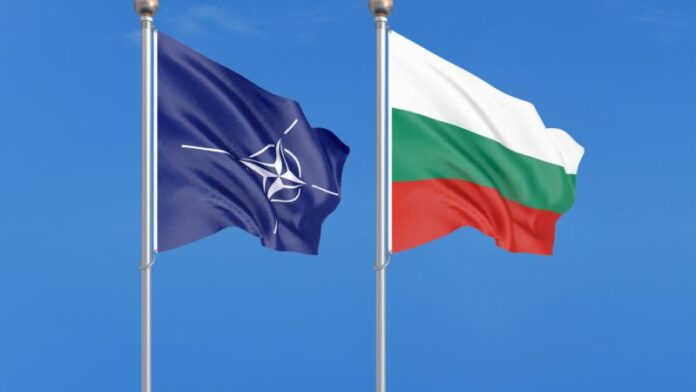NATO Allied leaders bolstered NATO’s defensive and deterrence posture in response to Russia’s unnecessary action against Ukraine and the shifting security landscape.
The UK, Germany, Canada and the United States, respectively, served as the leaders of the four multinational battalion-sized battlegroups that NATO established in 2017 in Estonia, Latvia, Lithuania, and Poland.
After Russia’s complete invasion of Ukraine in February 2022, the Allies strengthened the already-existing battlegroups and created four new multinational battlegroups in Bulgaria, Hungary, Romania, and Slovakia.
This virtually doubles the number of troops on the ground and extends NATO’s advance presence along the Alliance’s eastern flank, from the Baltic Sea to the Black Sea, with eight total multinational battlegroups. Italy was the battlegroup’s commander.
On October 17, in the presence of President Rumen Radev and Defense Minister Dimitar Stoyanov, Italy was assigned command of the multinational force that included Bulgaria. There are 1100 soldiers in the battlegroup from several NATO allies, including Bulgaria, United States, Italy, and Greece. Hungary, Latvia, Romania, Estonia, Poland, Romania, Greece and Slovakia are the other participants in this group.
This international organization’s principal goal is to protect the Balkan countries from Russian aggression and to be prepared for any potential threats that may arise in the future. By expanding their arsenals, providing their militaries with cutting-edge technology, and stepping up border security, NATO and its partners are fortifying themselves.
Since the beginning of the Russia-Ukraine conflict, Russia has threatened many NATO nations for supporting Ukraine during its troubles. Ukraine now has a large arsenal of weapons from NATO and its partners to protect itself from ongoing Russian aggression. NATO has given Ukraine weaponry worth about $40 billion since February 24, comparable to France’s yearly defence budget.
Bulgaria also provided arms and medical supplies to Ukraine during its moments of need. According to estimates, Bulgaria handed Ukraine weapons worth more than $1 billion and supplied medical supplies for the Kherson counteroffensive.

